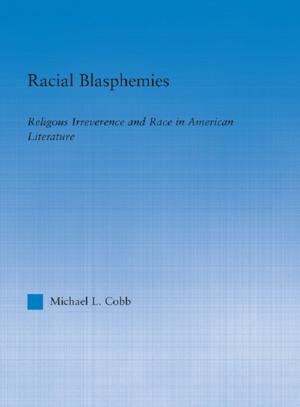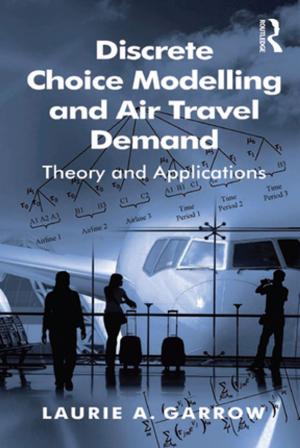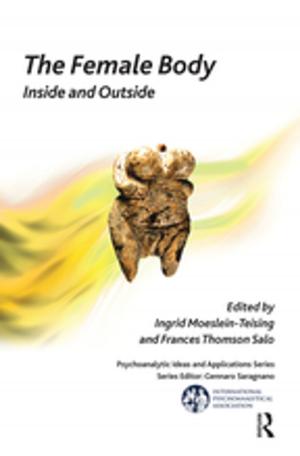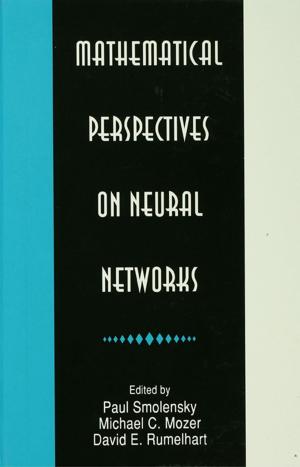Islamic Macroeconomics
A Model for Efficient Government, Stability and Full Employment
Business & Finance, Accounting, Governmental, Financial, Finance & Investing, Banks & Banking| Author: | Raja M. Almarzoqi, Walid Mansour, Noureddine Krichene | ISBN: | 9781351589499 |
| Publisher: | Taylor and Francis | Publication: | March 22, 2018 |
| Imprint: | Routledge | Language: | English |
| Author: | Raja M. Almarzoqi, Walid Mansour, Noureddine Krichene |
| ISBN: | 9781351589499 |
| Publisher: | Taylor and Francis |
| Publication: | March 22, 2018 |
| Imprint: | Routledge |
| Language: | English |
Islamic Macroeconomics proposes an Islamic model that offers significant prospects for economic growth and durable macroeconomic stability, and which is immune to the defects of the economic models prevailing both in developed and developing countries. An Islamic model advocates a limited government confined to its natural duties of defence, justice, education, health, infrastructure, regulation, and welfare of the vulnerable population. It prohibits interest-based debt and money, and requires full liberalization of all markets including labor, financial, commodity, trade, and foreign exchange markets. The government should be Sharia-compliant in its taxation power and regulatory intervention; it ought to reduce unproductive spending in favor of productive spending.
This book is essential reading for students and academics of Islamic economics and finance, economists, practitioners, and researchers.
Islamic Macroeconomics proposes an Islamic model that offers significant prospects for economic growth and durable macroeconomic stability, and which is immune to the defects of the economic models prevailing both in developed and developing countries. An Islamic model advocates a limited government confined to its natural duties of defence, justice, education, health, infrastructure, regulation, and welfare of the vulnerable population. It prohibits interest-based debt and money, and requires full liberalization of all markets including labor, financial, commodity, trade, and foreign exchange markets. The government should be Sharia-compliant in its taxation power and regulatory intervention; it ought to reduce unproductive spending in favor of productive spending.
This book is essential reading for students and academics of Islamic economics and finance, economists, practitioners, and researchers.















